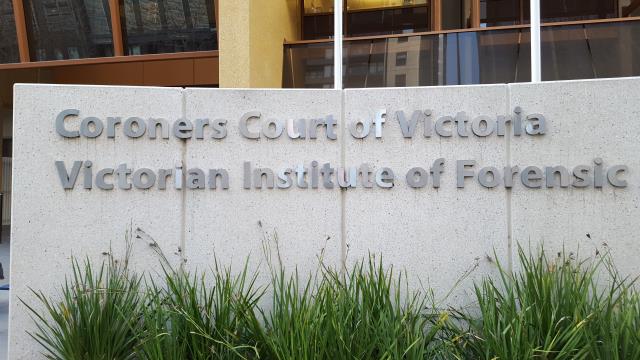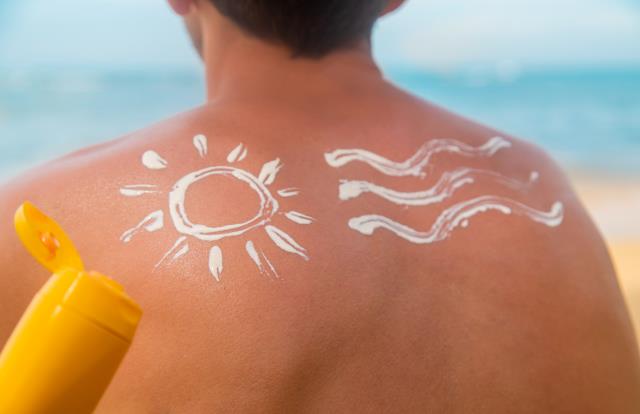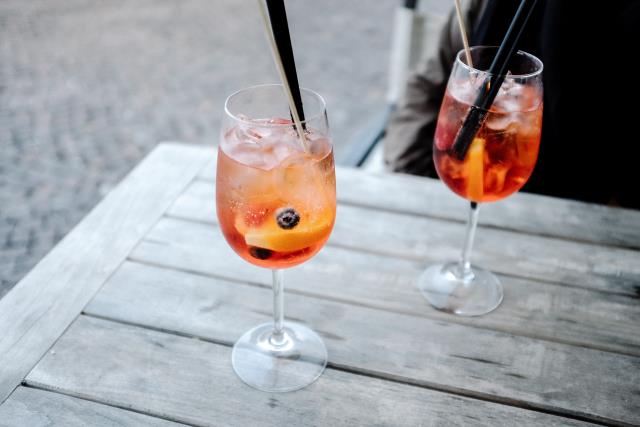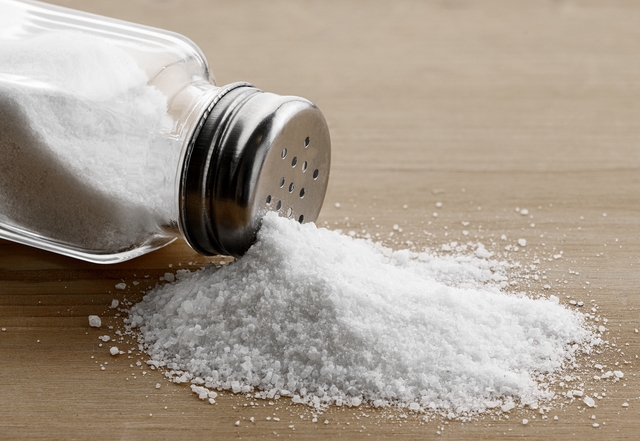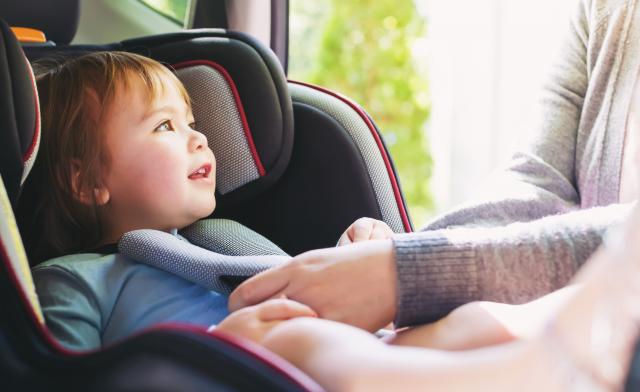Kanady Moo and his friends grabbed their bikes and rode to a tree used to jump into a popular swimming spot on a warm November evening.
But unlike his peers, the 13-year-old refugee did not know how to swim.
He jumped off the wooden plank platform attached to the tree, on November 3 2020, and instantly began drowning.
People who lived near the Werribee River went down to help and a woman jumped into the water to find the boy, but “could not see any movement or bubbles“, she told the Coroners Court.
Her husband called triple zero and a large-scale search effort began.
Police found Kanady’s body about four hours after he jumped into the water, at 10:30pm that evening.
He was six metres under water, caught in snags at the bottom of the riverbed close to where he dove in.
Victorian Coroner Leveasque Peterson investigated Kanady’s death and found the drowning was accidental.
“Kanady’s death is an unimaginable tragedy for this family as well as the wider community,“ she said, in findings published on Wednesday August 9.
“It is imperative, especially in the lead-up to the next summer season, that the Victorian community is reminded of the danger of unintentional drowning in children in both large and small bodies of water.“
Kanady had never been swimming, nor attended lessons, before his family sought asylum and moved to Australia from a Thailand refugee camp.
They settled in Werribee in 2018 and he was about to finish year 7 at Wyndham Central College when he died.
The coroner sought advice from the state’s education department to examine opportunities to prevent future drowning deaths.
The department acknowledged in the past there was a “significant gap“ in swimming education between children born in Australia and those of a refugee or migrant background.
“The department considered that had Kanady grown up in Victoria, he would have been supported to learn to swim through a range of programs, including the swimming componen t of the school curriculum,“ the findings said.
“However, tragically, as Kanady spent the majority of his primary school years overseas, he did not have this opportunity.“
Since Kanady’s death, funding has been introduced for all English language schools to provide free swimming programs.
The department said the schools were “a crucial opportunity to target students“ who may have not had access to swimming and water safety lessons previously.
Both the department and Life Saving Victoria agreed more targeted communication was needed to ensure new arrivals to Australia knew about the supports and programs available on swimming and water safety.
The coroner recommended Wyndham City Council consult with Melbourne Water and Life Saving Victoria, and consider installing safety signs at popular swimming spots, including in the area where Kanady drowned.

